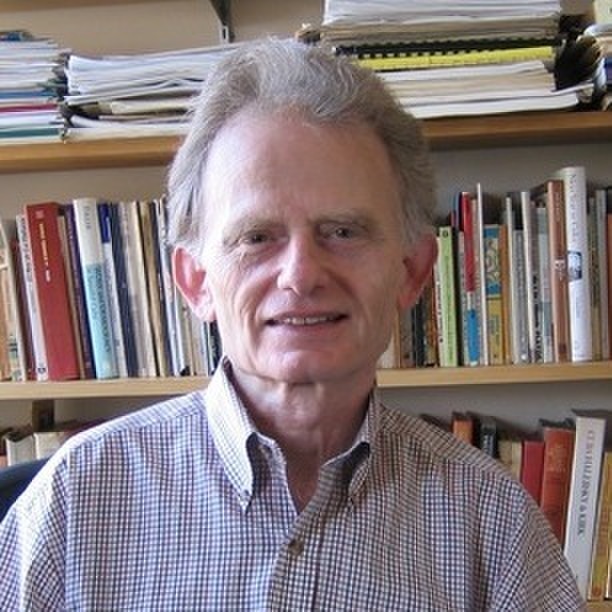Against the Soviet Model
SPECTRE JOURNAL, January 13, 2021; Original Article
This is a translation of an article that appeared on December 28, 2020 in La Joven Cuba, a left-wing critical blog, one of the most important in Cuba. The article immediately created a stir in social media. The Cuban government has so far failed to entirely control the Internet, which remains the main outlet for critical political views in the island. –SF
There are anti-democratic states that not only repress political opposition, but also criminalize it – a very effective method to avoid the dissemination and discussion of political ideas that diverge from the ideology of the state. That was the case of the Soviet Union and continues to be the case in those regimes that adopted the principal structures of the Soviet model, such as China, Vietnam, and our own Cuba.
That is how, under the direction of the Cuban government, the members of the San Isidro Movement were recently arrested by the police on criminal charges for supposedly having violated “the health protocols of international travelers” adopted by the government to combat the Covid-19 pandemic. In reality, they were arrested for political reasons: for publicly protesting as a group against state repression of one of its members. This is a typical example of how the Cuban government faces its critics: replacing political language with administrative-police language.
Cuba was once part of the longstanding Latin American tradition that sets apart political conduct and avoids reducing it to common crime. That is why this tradition supports the right of political asylum as well as the differential treatment of political and common prisoners.
Batista’s dictatorship, for example, respected the political asylum that hundreds of Cubans opposed to the dictatorship claimed, in order to save their lives, by taking refuge in many of the Latin American embassies in Havana. He certainly violated that right on many occasions, as in the notorious case of the police assault on the Haitian Embassy that he ordered on October 29, 1956, where all his political opponents who had taken asylum there were murdered. The chief of the National Police, Rafael Salas Cañizares, one of the most notorious henchmen of the dictatorship, also died in that incident when one of the asylum seekers shot him to death with a gun he had in his possession.
In the case of Latin America, the most notable exception to the general practice of conceding political asylum was that of the Peruvian Victor Raúl Haya de la Torre, founder and leader of the APRA (Alianza Popular Revolucionaria Americana) who, in order to protect himself from the Peruvian government under the dictatorship of Manuel Odría, obtained asylum in the Colombian embassy at the beginning of 1949. Haya de la Torre remained in that embassy for five years until he finally obtained safe passage from the Peruvian government to leave the country for Mexico, although only after the International Court of Justice rejected Odría’s demand for Colombia to hand over the Peruvian opposition leader.
The revolutionary Cuban government abandoned the tradition of recognizing political asylum when it adopted the Soviet model at the beginning of the sixties. A clear example of that turn were the events that took place in the Peruvian Embassy in Havana in April of 1980, when under the orders of Fidel Castro, the government forces surrounding the periphery of the embassy blocked the entrance of the Cubans seeking asylum there. The only ones who were initially able to enter the embassy were the survivors of an armed clash that ensued with the government guards where several people were killed. The government eventually withdrew the guards from the embassy. It was then that approximately ten thousand Cubans were able to get in and ask asylum in order to leave the country, which they did, along with more than one hundred thousand other Cubans, between April and June of 1980.
Continue reading: The Criminalization of Opposition Politics in Cuba


